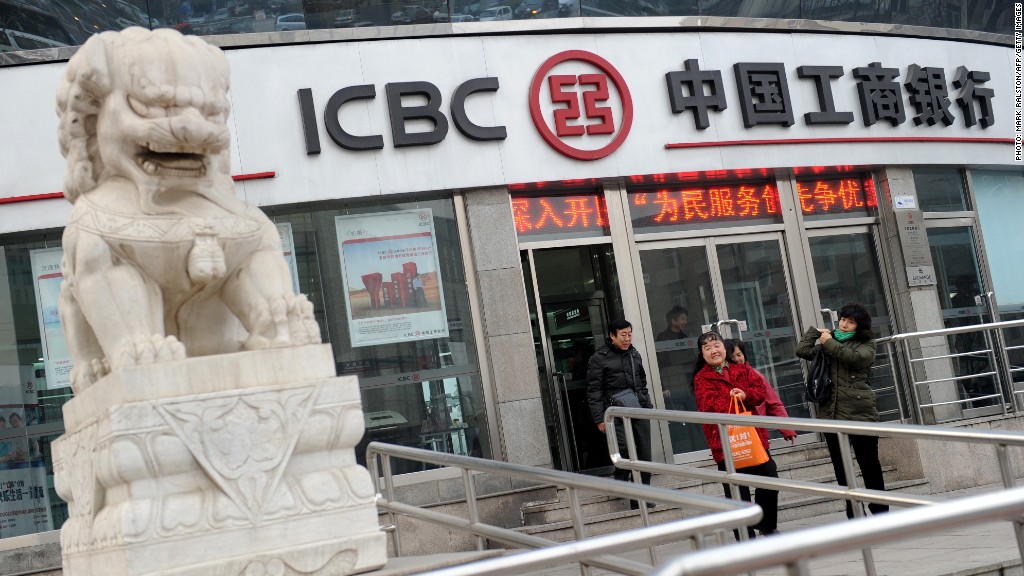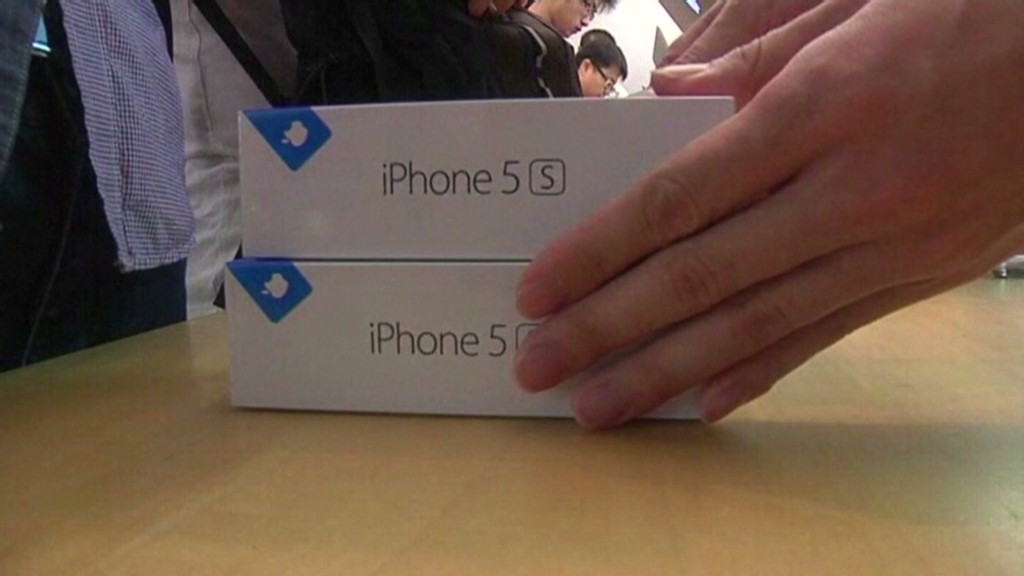
A high-yield investment product offered by China's largest bank is facing imminent default, an event that will cost investors millions and raise questions about the country's banking system.
The doomed 3 billion yuan ($500 million) trust -- cheerfully named Credit Equals Gold #1 Collective Trust Product -- is expected to go belly up at the end of January, the victim of a soured loan to a troubled coal mining company.
The trust, which promised investors a 10% return, was issued by China Credit Trust Company and marketed by Industrial and Commercial Bank of China, a state-owned enterprise that is among the largest and most profitable banks in the world.
Investors are now scrambling to figure out whether a bailout from the issuer, bank or government will materialize. Meanwhile, outside observers are watching to see how China handles the potential default of an investment product generated by the country's shadow banking system -- a rapidly growing but opaque part of the financial system.
In recent years, shadow banks have carved out a niche trade in China. These firms offer loans to companies or individuals that may have trouble securing traditional bank financing. Often, the loans are then packaged and sold to investors looking for higher returns. The sector's exact reach is unknown, but some estimates put its size at roughly 60% of China's GDP.
Some analysts say that a default would demonstrate Beijing's commitment to allow market forces to play a larger role in the economy and reinforce to investors that high-yield investments carry legitimate risk.
Yet others are predicting a bailout for investors. Where the bailout funds would come from remains an open question.
Related story: What's going on with China's latest credit crunch?

Jiang Jianqing, the chairman of ICBC, told reporters at the World Economic Forum in Davos that his bank would not be picking up the tab, and even went so far as to frame the episode as a learning opportunity.
"I believe this incident has been a very good opportunity to educate the investors, to educate the trust companies and to educate ICBC," Jiang told CNBC.
Others at the bank may not have gotten the message. Chinese media outlets have quoted ICBC officials saying that the bank is prepared to bear some responsibility. Local or provincial governments may also step in to provide bailout funds before the end of the month. ICBC and China Credit Trust did not answer or return phone calls made by CNNMoney on Friday.
Related story: China's richest man prefers U.K. deals over U.S.
The rapid expansion of shadow banking has sparked worries in Beijing about the efficiency of the overall credit system, and some fear the sector has reached a scale where it could sap growth. Analysts said that a default could help rein it shadow bankers, even if some investors panic in the near-term.
"The default of trust products could trigger some short-term negative impact to China's financial sector and the reputation of financial institutions," analysts at Barclays wrote in a research note.
"However, we believe it would be positive for the healthy development of financial system in the long run," they said.


